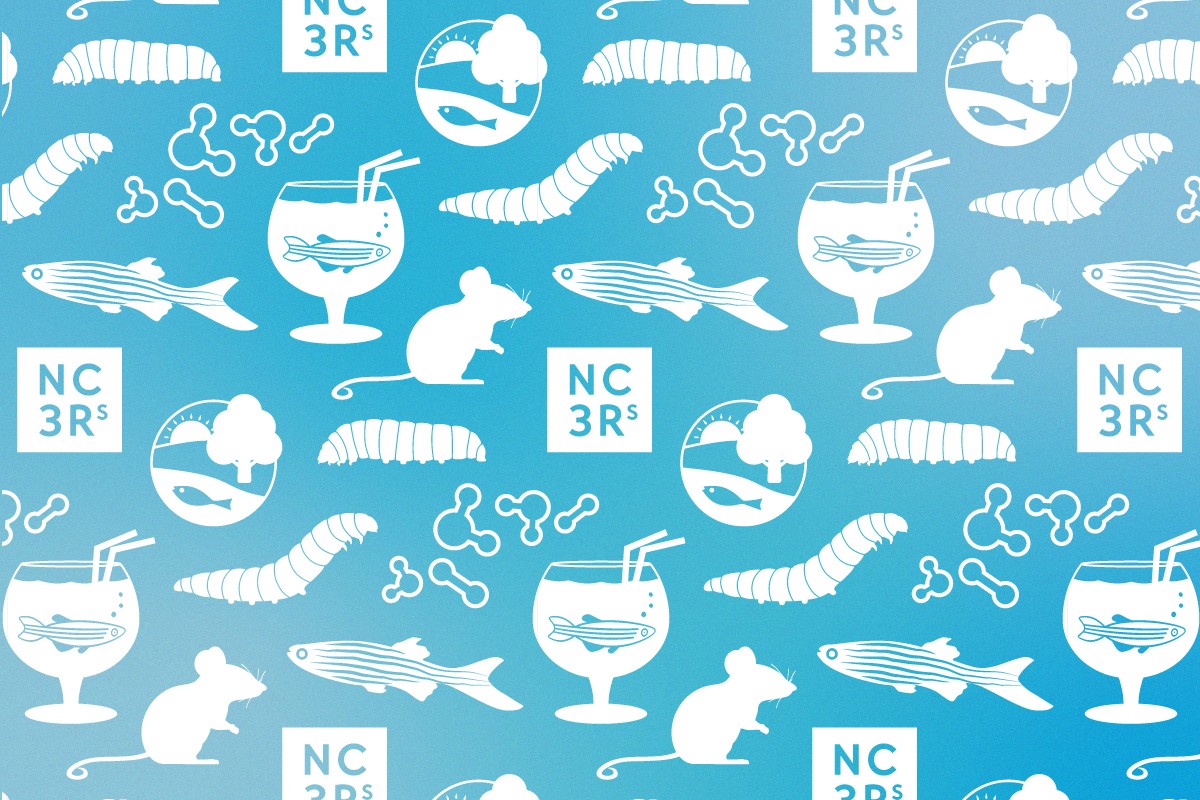Registration Details

As partners of Pint of Science we have been taking part in the annual science festival since 2014, sharing NC3Rs-funded research in pubs and public spaces across the country. In 2025 we are holding events in London, Exeter and Edinburgh, exploring the 3Rs in three different scientific themes, from technology to ecology and biomedical research.
Our 'Planet earth' event is hosted by the Exeter Pint of Science team.
Talking biology: From A(nimal research) to Z(oology)
A biomedical research lab might feel a world way away from nature, but research scientists learn a lot from the natural world. Meet scientists who are applying animal ecology, conservation and zoology to replace, reduce and refine the use of animals in research.
From pest to pioneering better science
Jennie Campbell, Postdoctoral research associate
Named after Mellona, the Roman goddess of bees and honey, the greater wax moth (Galleria mellonella) is best known for its appetite for honeycomb and beeswax. Once seen primarily as a pest – damaging beehives in the wild and even digesting plastic in the lab – find out how this unassuming moth is replacing mice to study infection and the immune system.
Learn more about Jennie's NC3Rs-funded work developing Galleria mellonella as a model for infection, immunity and inflammation.
Crafting the perfect cocktail (for fish!)
Rod Wilson, Professor of Physiology
Fish breathe water instead of air, but they get a lot more than oxygen through their gills. A small amount of extra salt can make some fish grow four times faster, while high carbon dioxide affects their sense of smell, behaviour and immune responses. Learn more about what’s in water, why it matters, and how the ideal mix of molecules improves animal welfare and the reproducibility of research involving fish.
Find out about Rod's NC3Rs-funded research into the role of water chemistry in zebrafish welfare and reproducibility of research studies.
Read more about our other Pint of Science events:
